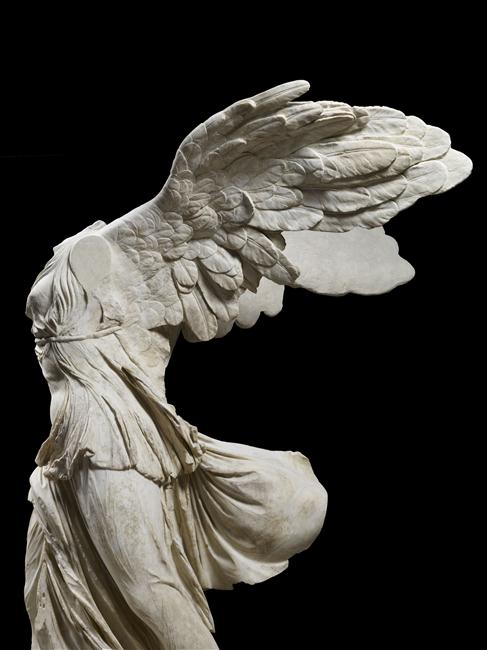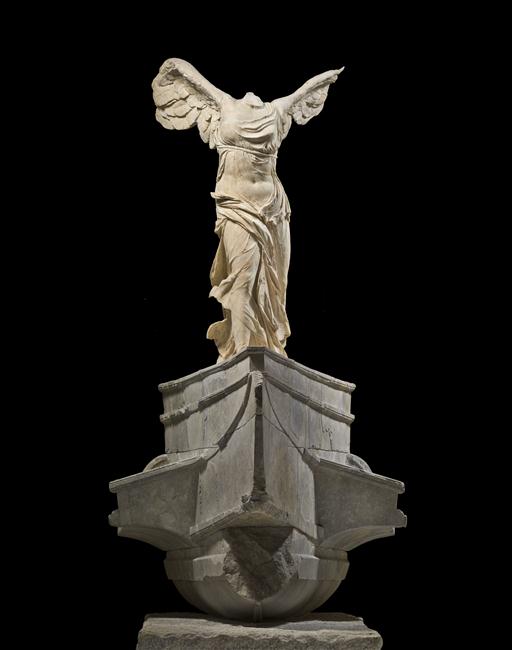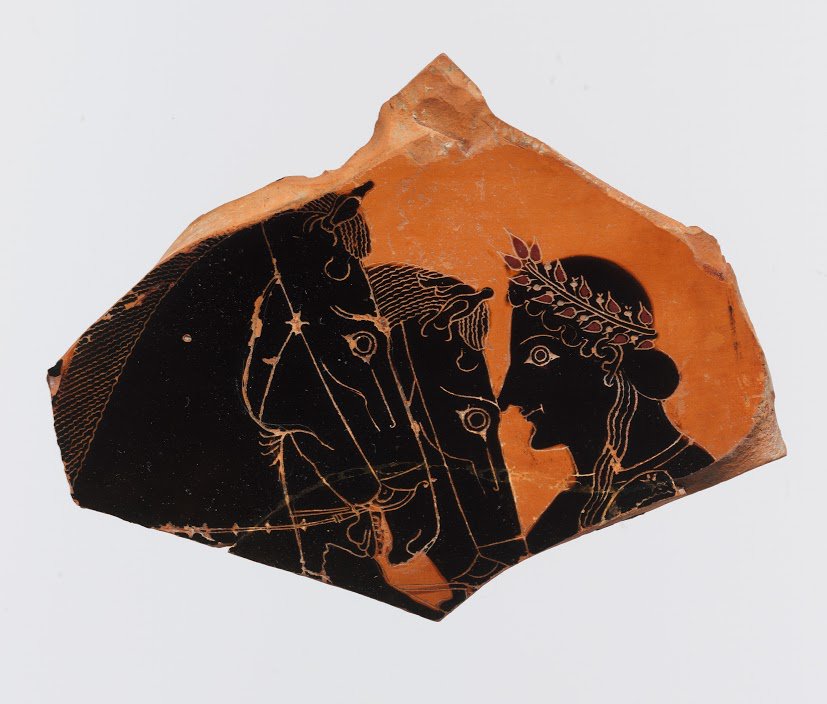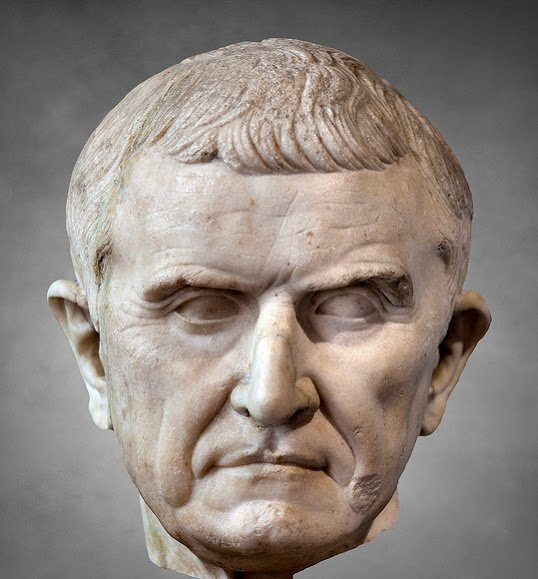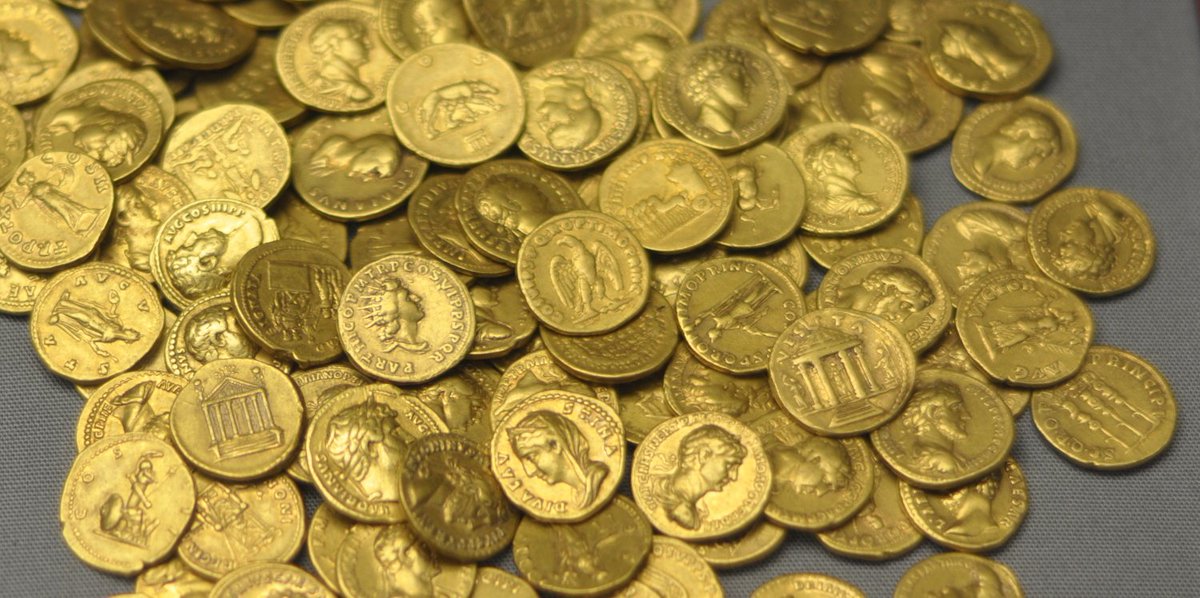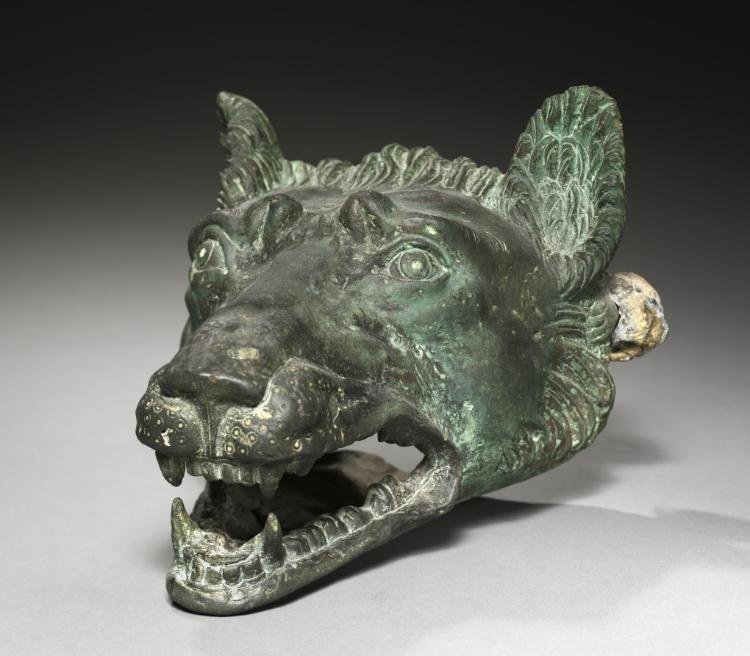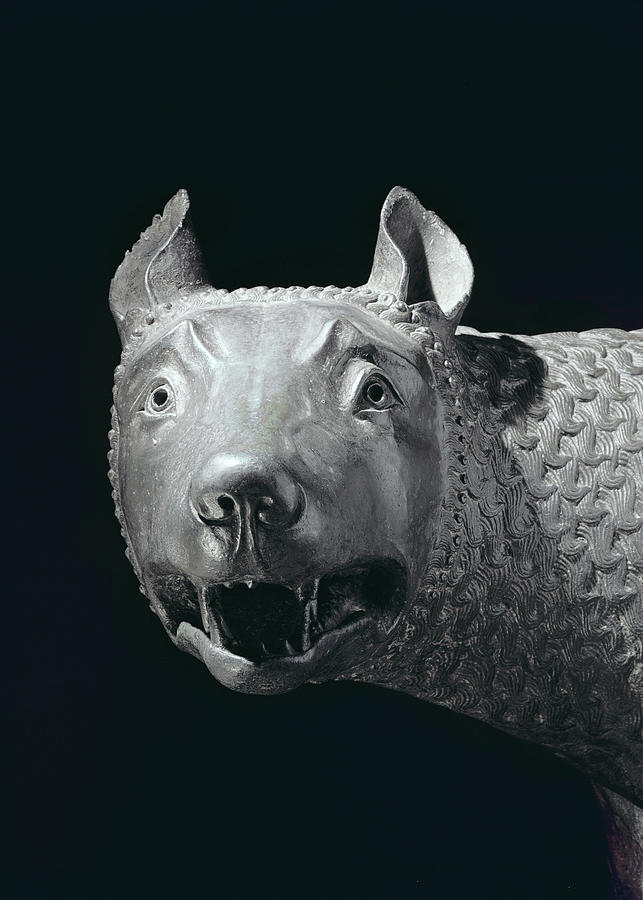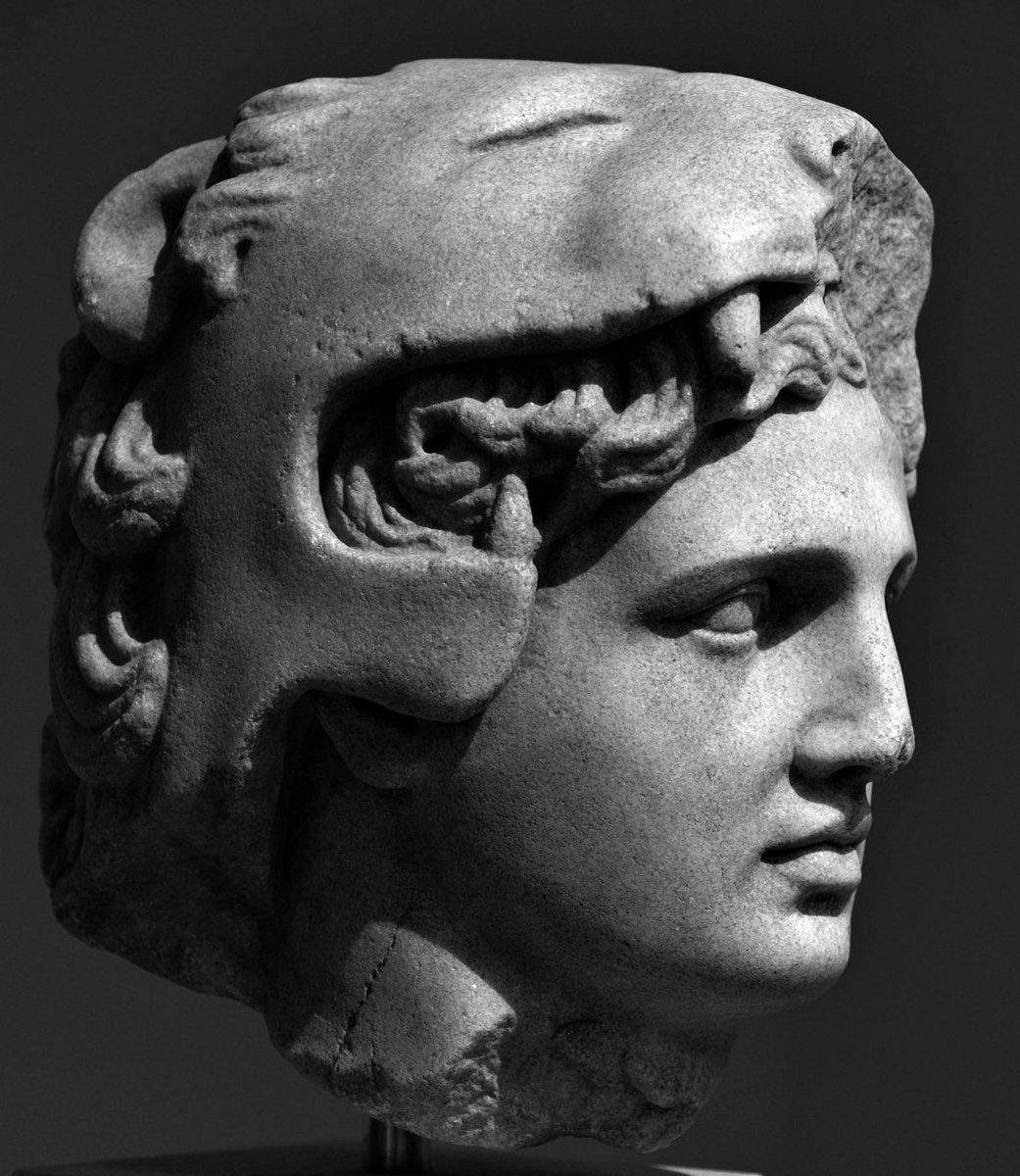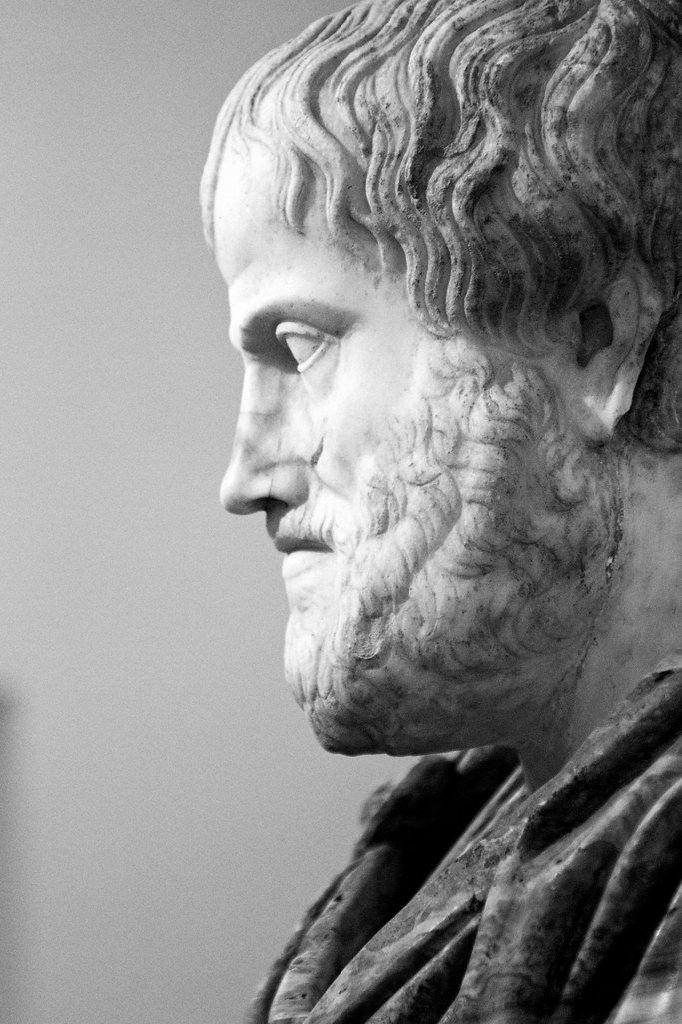
In other words, fortresses win no war, the fighting spirit of men do.
Greek Bronze Helmet of the Corinthian Type-5th century B.C. at The Met [1]
Greek Bronze Helmet of the Corinthian Type-5th century B.C. at The Met [1]
Asked which was better virtue, courage or justice, the king said:
Courage would be good for nothing, if there were no justice & if all men were just, there would be no need of courage.
-Agesilaus II of Sparta (king from 399-358 BC) recorded in Plutarch's Sayings of the Spartans
Courage would be good for nothing, if there were no justice & if all men were just, there would be no need of courage.
-Agesilaus II of Sparta (king from 399-358 BC) recorded in Plutarch's Sayings of the Spartans
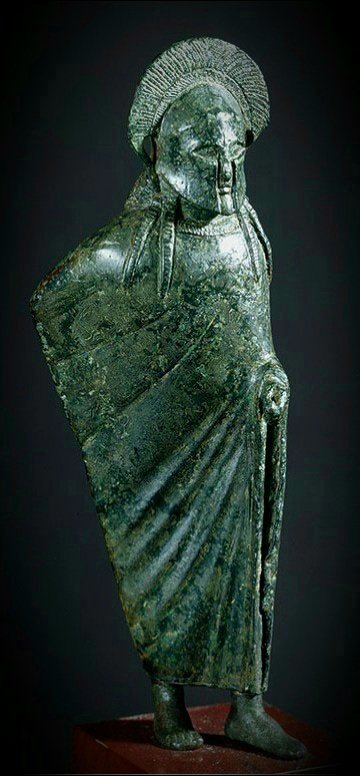
Small bronze figurine, 6th-century BC, depicting a long-braided hair Spartan commander wearing a transverse-crested helmet, possibly a king, wearing his characteristic (red) cloak. Wadsworth Atheneum Museum of Art [1]
"Know that happiness to be the fruit of freedom and freedom of courage."
-Pericles, Funeral Oration 431-30 BC as recorded by Thucydides
-Pericles, Funeral Oration 431-30 BC as recorded by Thucydides
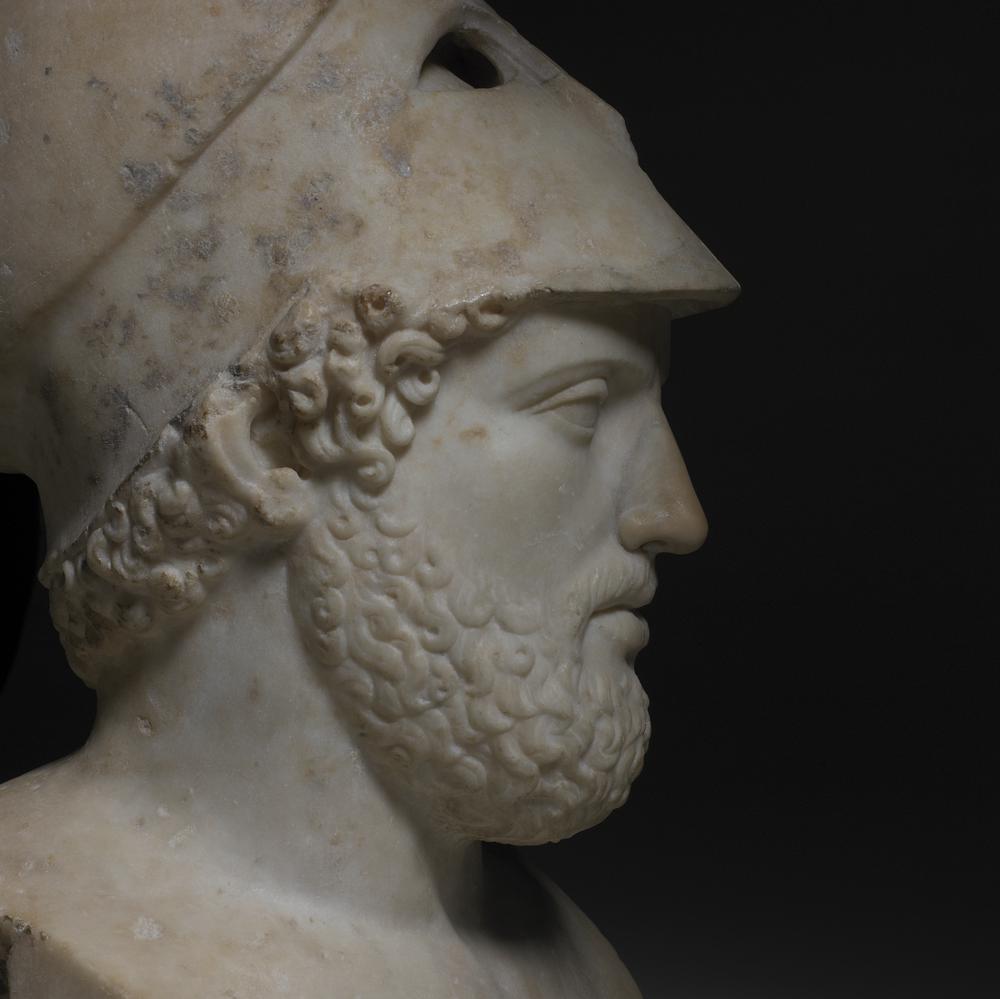
Marble portrait bust of Pericles wearing a helmet pushed back on his head. 2nd c. AD Roman copy of an earlier Greek original. His name is inscribed in Greek. At the British Museum [1]
This short thread of relevant quotations by ancient Greeks & Spartans sought to illuminate current (geo)political events driven by a fallible human nature that remains unchanged across centuries. [1]
As you read this thread of ancient voices think about how freedom has been a small footnote in the countless pages of world history dominated by authoritarian leaders. [2]
Beware, a dying liberty is often neglected, it slowly fades, unseen by those who have never lost it.
• • •
Missing some Tweet in this thread? You can try to
force a refresh



